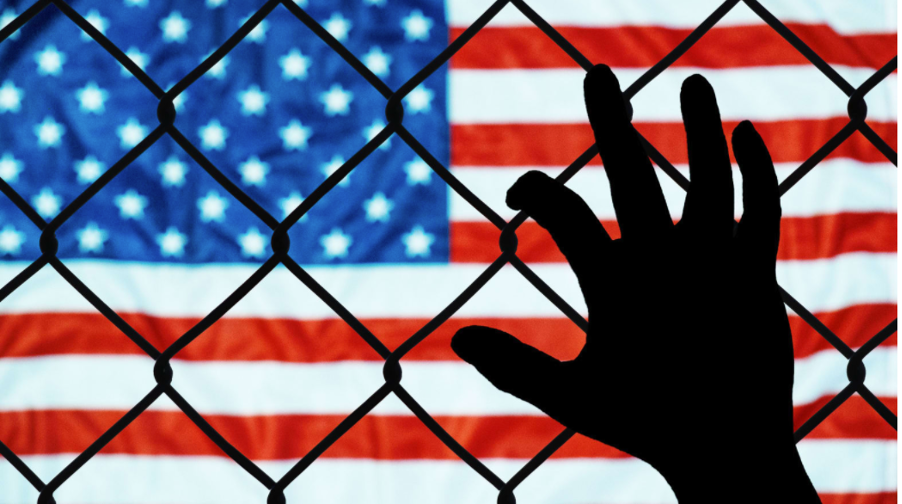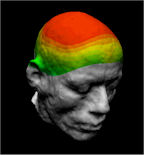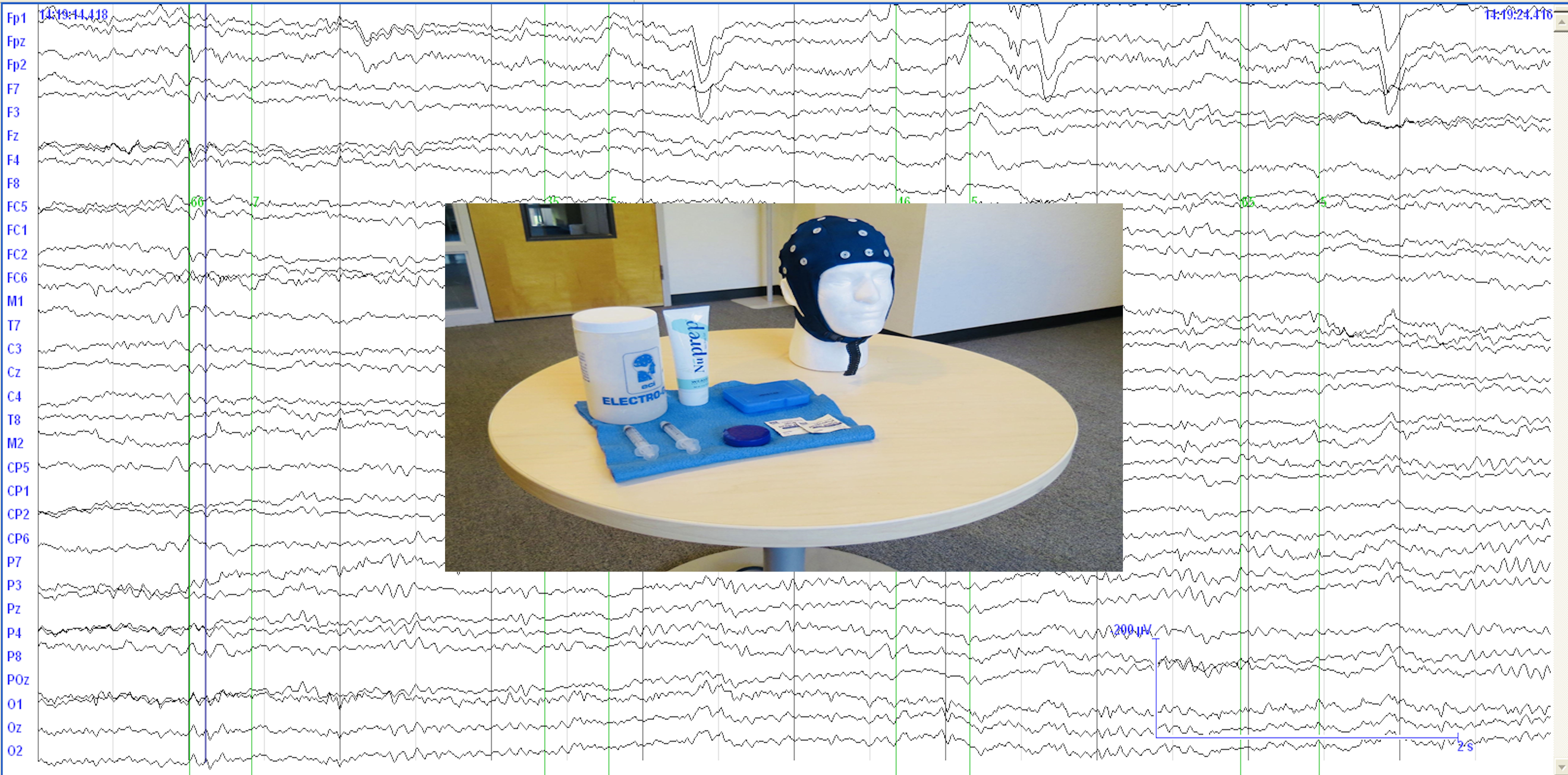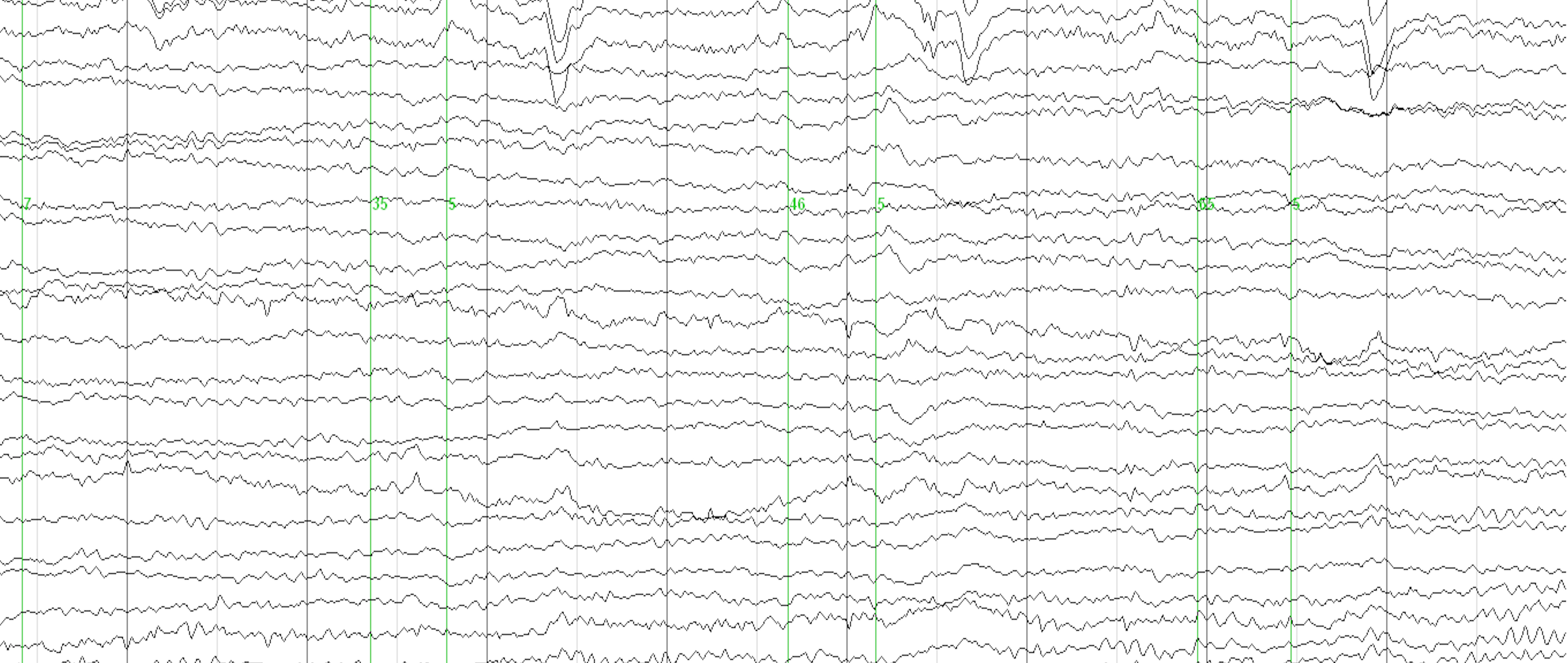
- Teacher: Elliott Young
- Teacher: Susan Glosser
- Teacher: Susan Glosser
- Teacher: Barbara Balko
- Teacher: Barbara Balko
Didactic class instruction, practicum placement,, and clinical training related to work as a, professional school psychologist. Covers the, application of psychological therapies with, children, adolescents, and families in educational, settings, as well as skills involved in collecting, data for consultation and assessment at the, practicum site. Foci will include the development, and application of diversity awareness and, knowledge including systems of power and, privilege; awareness of one's own beliefs, biases,, and prejudices; and methods/skills for working, with those who are diverse in culture, race,, ethnicity, gender, age, sexual orientation, or, physical or mental ability. In weekly seminars,, students review research, theory, and practice., Students also present audio and/or video, recordings of their counseling for supervisory, review.
- Teacher: Elena Diamond
- Teacher: Colleen Hanson

- Teacher: Todd Watson

Students who have received credit for PSY/BIO 252, should not enroll in this course. Not open to students with previous credit in PSY 350 or PSY, 355.
- Teacher: Todd Watson
- Teacher: Susan Glosser
